Hematology, Blood Cancer, and Bone Marrow Transplant (BMT)
- Home
- Hematology, Blood Cancer, and Bone Marrow Transplant (BMT)
Hematology, Blood Cancer, and Bone Marrow Transplant (BMT)
The Hematology, Blood Cancer, and Bone Marrow Transplant (BMT) department in India specializes in diagnosing and treating blood disorders like leukemia, lymphoma, and myeloma. Advanced facilities provide comprehensive care, including chemotherapy, immunotherapy, and stem cell transplantation. BMT is a critical treatment for patients with blood cancers or genetic disorders. Many hospitals in India are equipped with state-of-the-art technology and experienced hematologists offering cost-effective, world-class care to both domestic and international patients. Medkins Healthcare simplifies finding top Hematology and BMT department in India by guiding you to the right BMT specialists and hospitals and supporting you throughout your entire treatment.
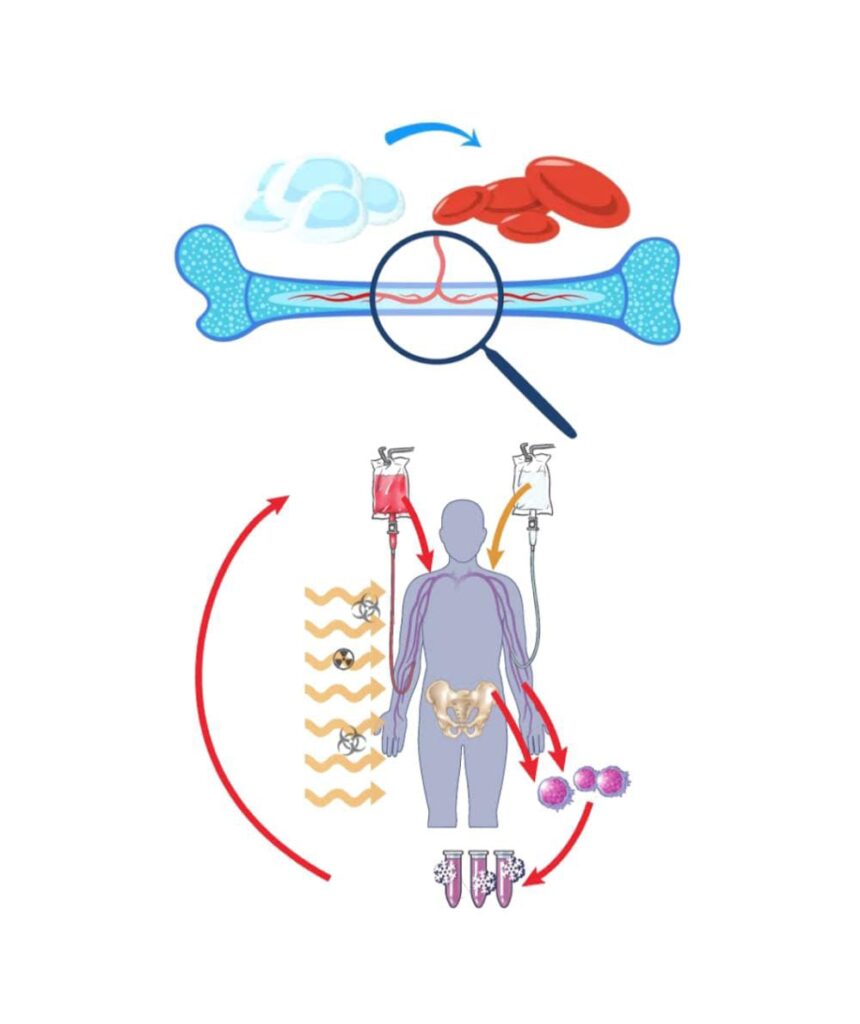
Diseases Treated by Hematology, Blood Cancer, and BMT department
Leukemia
– Acute Lymphoblastic Leukemia (ALL): Rapidly progressing cancer of lymphoid cells, often affecting children and young adults.
– Acute Myeloid Leukemia (AML): Rapidly progressing cancer of myeloid cells, affecting adults and children.
– Chronic Lymphocytic Leukemia (CLL): Slowly progressing cancer of lymphoid cells, typically affecting older adults.
– Chronic Myeloid Leukemia (CML): Slowly progressing cancer of myeloid cells, often associated with the Philadelphia chromosome.Lymphoma
– Hodgkin Lymphoma: Cancer of the lymphatic system characterized by Reed-Sternberg cells, affecting young and older adults.
– Non-Hodgkin Lymphoma (NHL): A diverse group of blood cancers originating in lymphoid tissues, including B-cell (e.g., diffuse large B-cell lymphoma) and T-cell lymphomas.Multiple Myeloma
– Cancer of plasma cells in the bone marrow, characterized by excessive production of abnormal antibodies, causing bone pain, anemia, and kidney issues.Myelodysplastic Syndromes (MDS)
– Disorders caused by poorly formed or dysfunctional blood cells in the bone marrow, leading to anemia, infections, and bleeding problems. Often considered a pre-leukemia condition.Myeloproliferative Neoplasms (MPNs)
– Blood cancers characterized by the overproduction of blood cells. Includes:
– Polycythemia Vera (PV): Overproduction of red blood cells.
– Essential Thrombocythemia (ET): Overproduction of platelets.
– Primary Myelofibrosis (PMF): Scarring of the bone marrow leading to anemia and splenomegaly.Sickle Cell Disease
– Genetic disorder causing abnormal hemoglobin (hemoglobin S), leading to sickle-shaped red blood cells, causing pain, anemia, and organ damage.Thalassemia
– Inherited blood disorders characterized by abnormal hemoglobin production, leading to anemia and related complications. Includes:
– Alpha Thalassemia
– Beta ThalassemiaHemophilia
– Genetic disorder impairing blood clotting due to deficiencies in clotting factors, leading to excessive bleeding and bruising.Von Willebrand Disease
– Genetic disorder characterized by defective blood clotting due to deficiency or dysfunction of von Willebrand factor, leading to bleeding tendencies.Aplastic Anemia
– Condition where the bone marrow fails to produce sufficient blood cells, leading to anemia, increased risk of infections, and bleeding.Autoimmune Hemolytic Anemia
– Condition where the immune system mistakenly attacks and destroys red blood cells, leading to anemia and related symptoms.
Conditions can be Treated in Hematology, Blood Cancer, and Bone Marrow Transplant (BMT) department
- Blood Clotting Disorders: Conditions affecting blood clotting, such as hemophilia and von Willebrand disease.
- Blood Cell Disorders: Issues affecting blood cell production and function, including anemia, thalassemia, and sickle cell disease.
- Bone Marrow Disorders: Conditions affecting the bone marrow’s ability to produce healthy blood cells, including MDS and MPNs.
- Lymphatic System Disorders: Cancers and conditions affecting the lymphatic system, including Hodgkin and non-Hodgkin lymphomas.
- Plasma Cell Disorders: Diseases involving abnormal plasma cells, such as multiple myeloma.
Procedures performed in Hematology, Blood Cancer, and Bone Marrow Transplant (BMT) department
Bone Marrow Biopsy – Procedure to obtain a sample of bone marrow to diagnose and monitor blood cancers and bone marrow disorders. The sample is examined for abnormal cells, fibrosis, and other abnormalities.
Bone Marrow Aspiration – Procedure to draw a sample of liquid bone marrow to diagnose conditions affecting the bone marrow and blood cells.
Peripheral Blood Stem Cell Collection – Procedure to collect stem cells from the blood for transplantation. Involves stimulating the body to release stem cells into the bloodstream, which are then collected and stored.
Autologous Stem Cell Transplant – Type of bone marrow transplant where a patient’s own stem cells are collected, treated, and reintroduced after high-dose chemotherapy or radiation.
Allogeneic Stem Cell Transplant – Transplant using stem cells from a donor to replace a patient’s damaged bone marrow. Used for conditions like leukemia, lymphoma, and myelodysplastic syndromes.
Peripheral Blood Stem Cell Transplant – Similar to autologous and allogeneic transplants but involves stem cells collected from the blood rather than the bone marrow.
Phlebotomy – Procedure for drawing blood, which may be used to manage conditions like polycythemia vera by reducing red blood cell count.
Gene Therapy – Emerging treatment involving modification of genes within a patient’s cells to treat or cure certain hematological conditions.
Cryopreservation – Process of freezing and storing stem cells or other biological samples for future use, such as for transplants or other treatments.
Medication Management – Includes chemotherapy, targeted therapies, and other medications to manage and treat blood cancers and related disorders.
Peripheral Blood Smear – Laboratory test examining blood cells under a microscope to diagnose anemia, leukemia, and other blood disorders.
Flow Cytometry – Technique analyzing physical and chemical characteristics of cells or particles in a fluid using a laser. Used to diagnose and classify blood cancers and monitor treatment response.
Genetic Testing – Testing for genetic mutations and abnormalities associated with blood cancers, such as the Philadelphia chromosome in CML or genetic markers in lymphoma.
Cytogenetic Analysis – Examination of chromosomes in cells to identify genetic abnormalities, such as those found in leukemia and lymphoma.
Immunophenotyping – Method to identify and classify cells based on surface markers and proteins, crucial for diagnosing and classifying leukemias and lymphomas.
Plasma Exchange (Plasmapheresis) – Procedure to remove and replace plasma in the blood, used to treat conditions like multiple myeloma and certain autoimmune disorders.
Iron Chelation Therapy – Treatment to remove excess iron from the body, often used in conditions like thalassemia where repeated blood transfusions lead to iron overload.
Our Focused Specialties
Multi-Specialty Care Hub
Discover India’s diverse multi-specialty health departments and treatments. We’re dedicated to ensuring a healthier tomorrow, navigating the dynamic realm of Indian healthcare. Our wide range of specialties includes top-notch hospitals, selected based on quality and healthcare facilities. Join us for a personalized journey to optimal health and wellness.

Gastro-intestine

Pulmonology

Ophthalmology
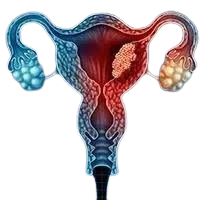
Gynaecology
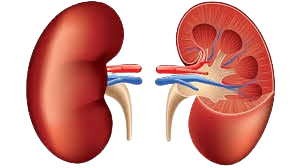
Nephrology
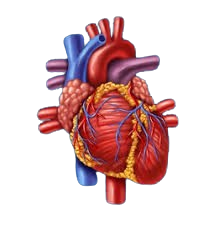
Cardiac
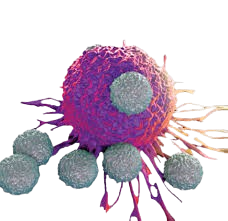
Hematology

Neurology

Bone & Joint
Looking for an expert !
Our Healthcare is home to some of the eminent doctors in the world

Dr Rajesh Sharma

Dr Sandeep Vaishya

Dr Sandeep Vaishya

Dr Rajesh Sharma

Dr Rajesh Sharma

Dr Sandeep Vaishya
Easy Access Links
- International Patients
- We & Why
- Core Specialites
- Common Procedures
- Hospitals
- Doctors
- Treatment Locations
- Way To Healing
- Wise to ask before
- Comfort and Satisfaction
